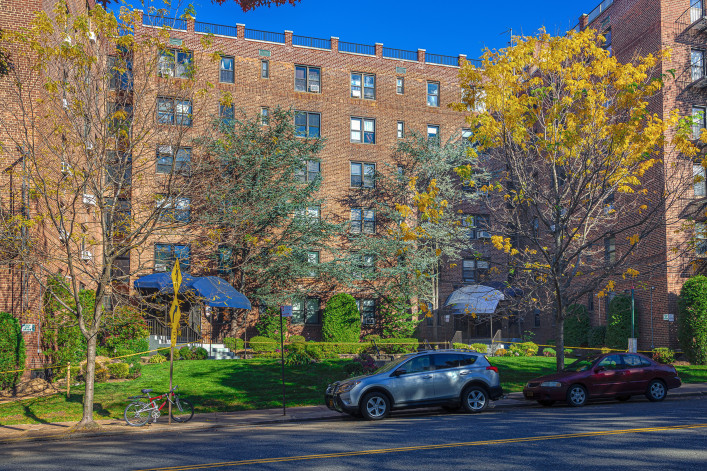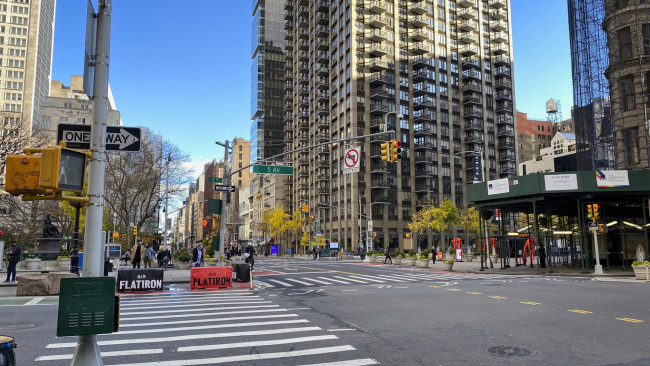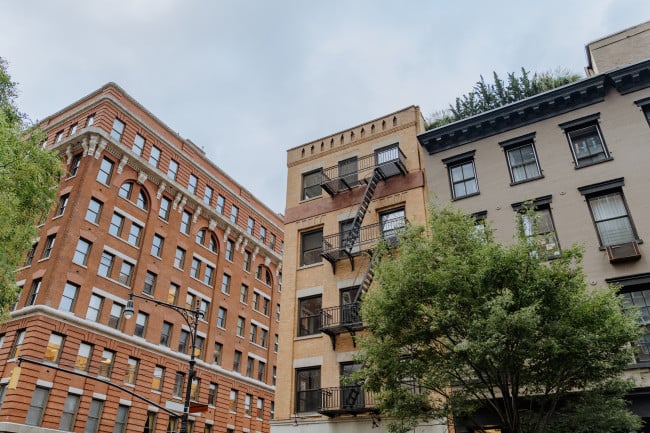A co-op building wants only all-cash offers. Is that a red flag?
- A co-op board can limit offers to all-cash but the policy may be a sign of financial problems

You'll want to take a closer look at the building's documents if you see a financing restriction.
iStock
I am looking to buy an apartment in a co-op building that wants "cash-only" offers. Is it legal to restrict buyers to all cash? I love the apartment (and can negotiate the price) but should I see this as a red flag?
A restriction like this is legal and could indicate that the co-op is looking for financially secure buyers, our experts say. But it could also mean the building has financial issues.
Co-op boards at high-end buildings may restrict financing to keep their properties exclusive. These boards are also likely to take a hard look at a prospective buyer's financial and employment history.
[Editor’s note: This story originally appeared in January 2021. We are updating it with new information for June 2024.]
A hard sell
Purchasing in such an exclusive co-op may deliver a greater sense of security to shareholders, but it also presents challenges when it comes time to sell.
"The only downside is that there’s a limited number of people who can truly afford to pay all cash and have the financial requirements that are required," said Deanna Kory, a broker at Corcoran. "When you go to sell, your buyer pool will be far more restricted, so it may take longer to sell and find the right type of buyer who can pass the board."
You should work with a broker who knows the building and can help you make an informed decision. But ultimately, it’s up to you to weigh the pros and cons of buying in a building that requires all-cash offers—if you can afford to pay up front.
"The question for the prospective purchaser is whether the advantage of such a board policy outweighs the disadvantage. The advantage is that the other tenant-shareholders are not burdened by the obligation to pay monthly maintenance and mortgage; only the former," said Kevin McConnell, of counsel at Himmelstein, McConnell, Gribben & Joseph. "The disadvantage is that it narrows the potential buyer market and drives down the price."
More money, more problems
However, in some co-ops, an all-cash requirement could be a warning sign of financial trouble.
That’s part of the reason why brokers sometimes don’t explicitly solicit “all-cash offers only” in listings. (Plus, agents need to share listings with everyone, not just target a specific group, in this case cash-buyers).
You'll want to take a closer look at the building's documents—past board meetings minutes, bylaws, offering plan, etc.—if you see a financing restriction. That’s another reason working with a team— a good broker and attorney—is so important.
For example, Curbed stumbled upon a $99,900 studio apartment in a co-op on Billionaire’s Row, a luxe stretch of developments on 57th Street. Seems like a great deal right? It depends on how much appetite for risk you have.
That co-op at 100 West 57th St. sits on land the building doesn’t own, and if the building’s rent goes up, residents fear the co-op could dissolve and its shareholders would turn into tenants. If you’re a buyer, whether the building has a ground lease is one of the many things you want to know before you put down an all-cash offer.
A previous version of this story contained writing and reporting by Alanna Schubach.
Trouble at home? Get your NYC apartment-dweller questions answered by an expert. Send your questions to [email protected].
For more Ask an Expert questions and answers, click here.




























